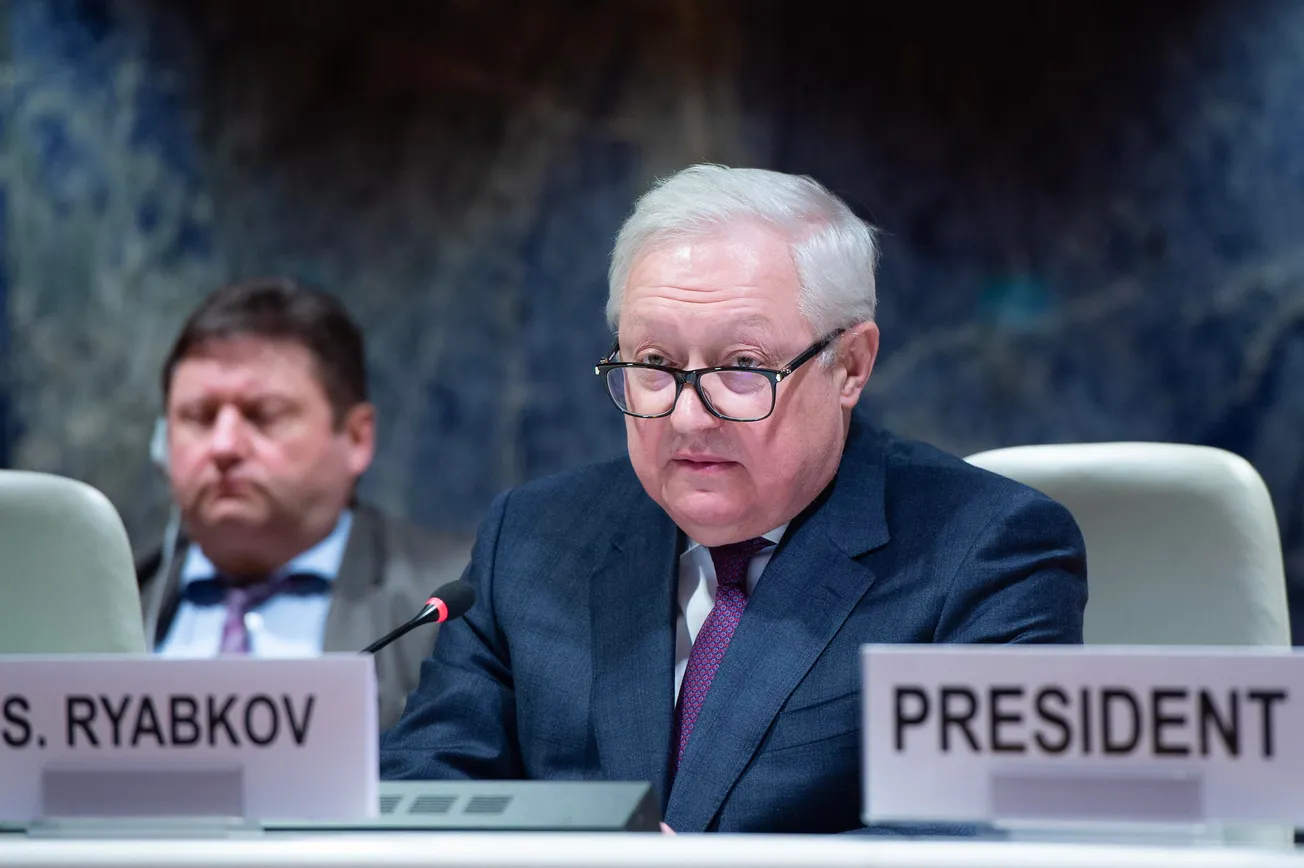April 30, 2024 (EIRNS)—The International Court of Justice in The Hague today delivered its Order on Nicaragua’s “Request for the Indication of provisional measures” in the case concerning Alleged Breaches of Certain International Obligations in respect of the Occupied Palestinian Territory (Nicaragua v. Germany).
The UN’s ICJ ruled by a vote of 15-1 “that the circumstances, as they now present themselves, are not such as to require the exercise of its power under Article 41 of the Statute to indicate provisional measures.” The Court called on Germany to “avoid the risk that such arms might be used to violate [the Genocide Convention and the 1949 Genva] Conventions.” However, the ICJ refused to “accede to Germany’s request to remove the case from the Court’s docket.”
In the presentation of its submission, Nicaragua requested that “Germany must immediately suspend its aid to Israel, in particular its military assistance, export and authorization of export of military equipment and war weapons, in so far as this aid is used or could be used to commit or to facilitate serious violations of the Genocide Convention, international humanitarian law or other peremptory norms of general international law.”
In its counterargument, Germany contended that “it has stringent licensing standards to assess whether there is any risk of serious violations of the Genocide Convention, international humanitarian law and other peremptory norms of international law by the recipient State” and claimed that most of the military equipment it had sent to Israel was operational or defensive in nature, rather than true “weapons of war.”
In the lone dissent, Judge ad hoc Awn Shawkat Al-Khasawneh—who had served on the ICJ from 2000 to 2011, when he resigned to take office as Prime Minister of Jordan—makes a powerful refutation of the ICJ ruling. He states, “As things stand, the Court is content with a minimalist approach, comprising a statement that reminds all States, including Germany, of their obligations relating to transfer of arms to what is euphemistically referred to as ‘parties to an armed conflict.’”




